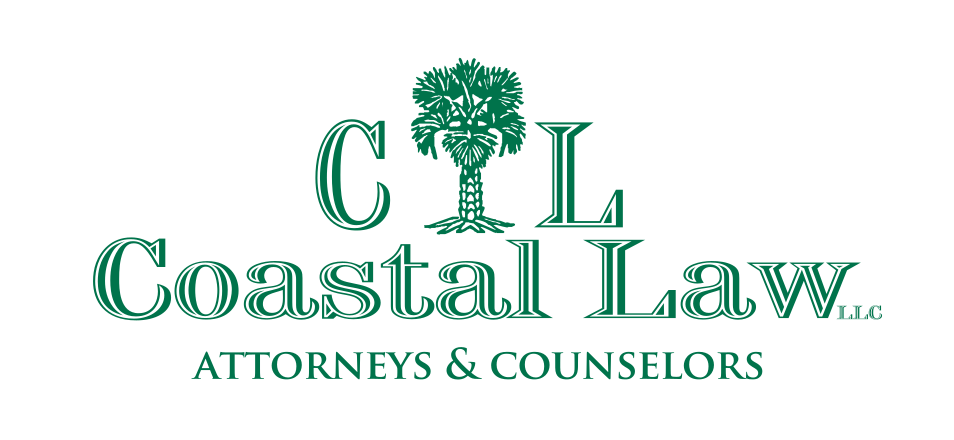In State v. Prather, the Court of Appeals dodged the issue of whether a criminal profiler’s testimony should ever be admissible by holding that the profiler’s testimony, in this case, was not proper “rebuttal testimony.”
Earlier this year, however, in March, the Court of Appeals held in State v. Huckabee that profiler testimony is not relevant under Rule 401 and that its prejudicial effect outweighs its probative value under Rule 403.
Improper Rebuttal Testimony
In Prather, the Court did not address the relevance or prejudicial nature of the profiler’s testimony. Instead, the Court focused on the fact that the State called the profiler as a “rebuttal” witness to counter the defendant’s testimony.
Because the testimony did not actually contradict or rebut the defendant’s testimony, the Court held that it was improper and should not have been admitted. Although the Court’s holding was correct, the issue of profiler testimony in criminal trials is a big enough deal that they should have taken the opportunity to address why it was not admissible at all…
Not Relevant, Prejudicial, and Not Admissible
In Huckabee, the Court did find that the profiler’s testimony was irrelevant and prejudicial.
Criminal profilers employ psychology to attempt to identify and capture criminals. They perform a wide range of functions, including participating in interviews of witnesses or suspects, conducting reenactments of crime scenes, and identifying the characteristics of possible suspects based on patterns from similar crimes.
All of this sounds incredibly useful for investigating and solving crimes. The problem is when the prosecution calls the profiler as a witness at trial. Their testimony at trial tends to fall into one of two categories:
- They testify as to a typical offender profile, and then point out that the defendant’s characteristics match that profile (and therefore the defendant must be guilty); or
- They testify as to what they think might have happened at the crime scene. Based on their review of the reports, statements, and crime scene analysis, they will tell a compelling story about how they think the crime might have happened.
The problem is that their story is made up. No witness can testify as to what they think might have happened, and the testimony is not any more reliable because they are a criminal profiler. Furthermore, their testimony is unduly powerful and persuasive to many jurors. It carries the weight of a witness who has been declared an expert by the court, a witness who is also a law enforcement officer, and a witness who is seen as a “rock star” by many jurors.
Usually, you will see prosecutors call a criminal profiler when they do not have enough real evidence to present to a jury. They are like a “pinch hitter” that prosecutors call when they don’t have a good case to begin with and when they are afraid that they may not get a conviction.
The S.C. Supreme Court Needs to Address the Issue of Profiler Testimony
The Supreme Court now has two cases that may end up on their plate in which they can, once and for all, find that profiler testimony is irrelevant, prejudicial, and inadmissible. In previous decisions, they have effectively side-stepped the issue. As a result, prosecutors are still calling profilers as witnesses and attempting to get profiler testimony in front of jurors any way that they can.
We are left with one Court of Appeals case, Huckabee, that addressed this issue head-on, and several cases from the Court of Appeals and Supreme Court that have dodged the issue.
Is a Criminal Profiler Involved in Your Case?
If you are facing charges for murder or another violent crime and a profiler is helping to build the case against you, you may be in serious trouble.
Coastal Law, LLC’s Columbia and Lexington, SC criminal defense lawyers can investigate your case, find the right experts to counter the state’s experts, and negotiate with prosecutors on your behalf. We will get your charges dismissed or we will try your case to a jury when the state does not agree to a reasonable outcome.
You can schedule a free consultation to discuss the facts of your case by calling (843) 488-5000 or filling out our online form.

